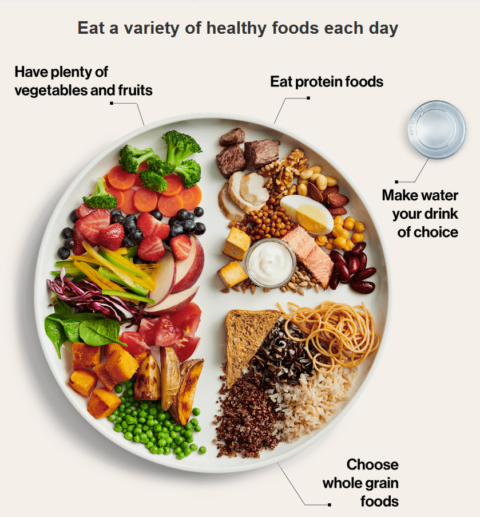Joanna Blythman pulls some useful tasty tidbits out of a recent Swedish study that contradicts much of what western governments have been pushing as “healthy” eating habits for the last fifty-plus years:
The NHS Eatwell Guide, fondly known to its critics as the Eat badly guide, still tells us to choose lower-fat products, such as 1% fat milk, reduced-fat cheese, or low-fat yoghurt. This is based on the inadequately evidenced postwar belief that saturated fat is bad for your heart.
How embarrassing, then, for government dietetic gurus, that a major study of 4,150 Swedes, followed over 16 years, has last week reported that a diet rich in dairy fat may lower, not raise your risk of cardiovascular disease.
This Swedish study echoes the findings of a 2018 meta-analysis of 29 previous studies, which also found that consumption of dairy products protects against heart disease and stroke.
A body of research also suggests that consumption of dairy fat is protective against type 2 diabetes.
[…]
Five a day
A slogan invented to shift more fruit and veg, but not one to live your life byThis catchy slogan, now a central plank of government eating advice, came out of a 1991 meeting of fruit and veg companies in California.
Five a day logos now appear on many ultra-processed foods, from baked beans to ready meals, imbuing them with a questionable aura of health.
But other than as a marketing tool, any justification for this slogan is thin.
[…]
The health case against meat is predicated on cherry-picked evidence from low-quality, unreliable, observational studies that fail to draw a distinction between meat in its unprocessed form and multi-ingredient, chemically altered, ultra-processed meat products, such as hotdogs.
Association doesn’t mean causation. Confounding factors exist; someone who eats bacon butties daily might also be eating too much sugar, be consuming lots of additive-laden bread, be under stress, or smoke – the list goes on.
The International Agency for Research on Cancer’s 2015 claim that red meat is “probably carcinogenic” has never been substantiated.
In fact, a subsequent risk assessment concluded that this is not the case.




